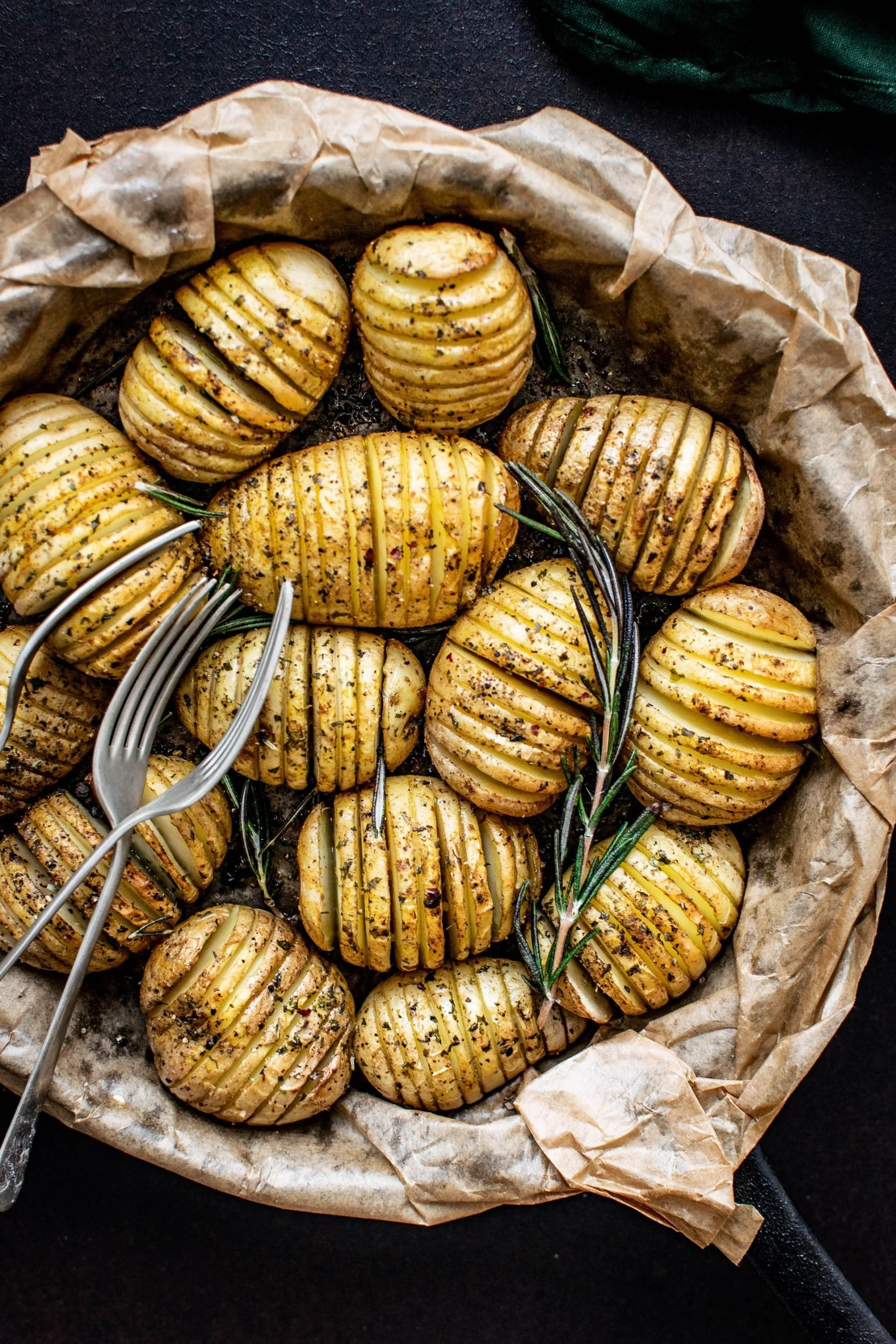In Southern Africa, rising food insecurity and the loss of livelihoods in the wake of the pandemic have thrust the spotlight on the growing triple burden of malnutrition facing vulnerable households. In this opinion editorial, dietician Claire Julsing Strydom explains how the humble potato could offer communities a way out of malnutrition.
COVID-19 has impacted food security
Already a significant challenge amidst the local context of high unemployment and poverty levels, this triple burden of malnutrition refers to the three concurrent threats of undernutrition, overnutrition or obesity, and hidden hunger – or micronutrient deficiencies arising from factors such as a poor diet.
Alarmingly, however, the COVID-19 pandemic has only aggravated issues of hunger and lack of access to food, seeing thousands of breadwinners lose their jobs. Disrupting school feeding schemes and other food programs.

Photo by Andrey Metelev on Unsplash
For example, statistics from a 2020 joint National Income Dynamics Study and Coronavirus Rapid Mobile Survey in Southern Africa paint a horrifying picture. The report notes that 47% of adults ran out of money to buy food during the early lockdown in April 2020. While another 21% reported that someone in their house had gone hungry between May and June of last year.
Given that unemployment in Southern Africa has only continued to rise in 2021, reaching a record 34.4% in the second quarter, millions of vulnerable families will therefore be suffering the consequences of hunger and poor diets.
The South African Child Gauge 2020 review by the Children’s Institute at the University of Cape Town reveals that as many as 27% or one in every four young children are stunted because of undernutrition, leading to long-term physical and cognitive damage. Moreover, a further 13% or one in eight children are overweight or obese, raising the risk of lifestyle diseases such as heart disease and diabetes.
A crucial ally to combat malnutrition
Against the backdrop of the economic realities in Southern Africa, potatoes are actually a crucial ally for combatting malnutrition. They can help communities achieve a more sustainable and equitable food system and uplift households through providing income and employment opportunities.
Potatoes’ Role In Improving Dietary Health
First, when cooked correctly and with skins on, this highly economical staple food offers several nutritional benefits compared to other starches,

Photo by Eric Prouzet on Unsplash
Importantly, potatoes offer a natural, unprocessed source of complex carbohydrates for sustained energy. They also contain a host of important vitamins and minerals which are vital in combatting undernutrition and nutritional deficiencies.
Packed with vitamins and minerals
These include potassium, vitamins B1, B3, and B6, chromium, niacin, folate, copper, iodine, iron, phosphorous, manganese, magnesium, zinc, and calcium. A single 150g skin-on potato even provides nearly half an adult’s recommended daily amount of vitamin C.
Additionally, the skin-on potatoes can be used as part of balanced weight management programs, as their fiber content and volume mean that they are bulkier than other foods. This is key to boosting weight loss efforts, as this bulk, stimulates the vagus nerve responsible for transmitting the “full” feeling to your brain, increasing your feeling of satiety, and decreasing cravings and the risk of excess calorie consumption.
A Sustainable Food Alternative
In a naturally water-scarce country such as South Africa, potatoes offer further significant environmental benefits. For example, while exact figures differ according to various regions and the agricultural methods employed, United Nations Educational, Scientific and Cultural Organisation (UNESCO) statistics show that an average of just 200 litres is needed to produce one kilogram of potatoes, compared to the 1,111 litres required by rice and 1,429 litres needed for wheat.
A climate friendly food
The Food and Agriculture Organisation of the United Nations confirms that the tuber is ideally suited to places where land is limited and labour is abundant. These are the conditions that characterise much of the developing world. The potato produces more nutritious food more quickly, on less land, and in harsher climates than any other major crop – up to 85 per cent of the plant is edible human food, compared to around 50 per cent in cereals.
Given rising demands on land and water resources as a result of climate change and population growth. Potatoes, therefore, stand out as a nutritious, cost-effective option for alleviating hunger and strengthening food security.

Photo by Charlein Gracia on Unsplash
Uplifting Lives And Livelihoods
Finally, it is important to note that South Africa’s potato industry stands out as a major economic contributor. Employing some 60,000 thousand temporary and permanent farmworkers around the country, many of whom are low-skilled workers.
The industry is also a significant economic contributor that generates some R8 billion at the primary sector or direct production level, and a further R25 billion at the secondary or manufacturing level explains Zinde.
Perhaps most significantly, however, close to 66% of all potatoes purchased through local fresh produce markets are bought by informal traders, supporting the livelihoods of thousands of unemployed individuals and vulnerable households.

Photo by Karolina Grabowska from Pexels
In closing
Potatoes are underrated. This incredible tuber is available worldwide and all year long. They are relatively cheap to grow, rich in nutrients, and they can make a delicious treat.
They pack a powerful nutritional punch. The fiber, vitamins, minerals, and phytochemicals help ward off disease and benefit human health.





![women [longevity live]](https://longevitylive.com/wp-content/uploads/2020/01/photo-of-women-walking-down-the-street-1116984-100x100.jpg)









